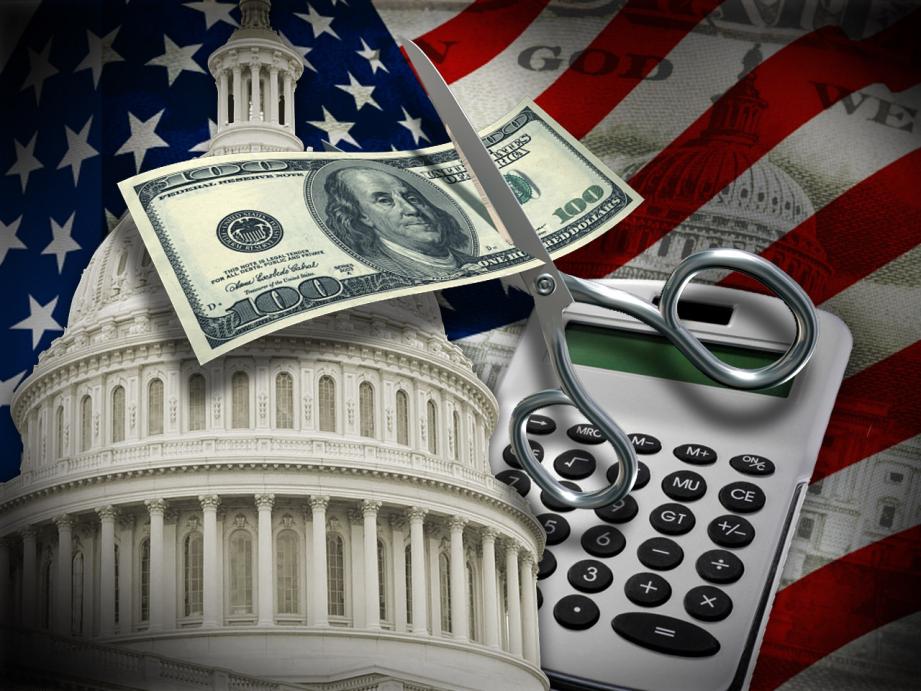How Can I Use the Internal Revenue Code to Maximize My Restaurant's Tax Savings?
In the competitive restaurant industry, maximizing tax savings is crucial for long-term success. The Internal Revenue Code (IRC) offers a wealth of opportunities for restaurants to reduce their tax liability and increase profitability. This article provides a comprehensive guide to help restaurant owners and managers leverage the IRC to their advantage.

I. Understanding The IRC
A) Basics Of The IRC
The IRC is a complex body of laws and regulations that governs the taxation of individuals and businesses in the United States. It is organized into several titles, each covering a specific area of taxation. Restaurants should focus on Title 26, which deals with income taxes.
B) Resources For Understanding The IRC
- IRS Website: The IRS website provides a wealth of information on the IRC, including publications, forms, and instructions.
- Tax Professionals: Consulting with a tax professional, such as a certified public accountant (CPA) or enrolled agent (EA), can help you interpret the IRC and apply it to your restaurant's specific situation.
II. Identifying Tax Deductions For Restaurants
A) Common Tax Deductions For Restaurants
- Cost of Goods Sold: This includes the cost of food, beverages, and other items sold to customers.
- Wages and Salaries: Wages paid to employees, including tips and gratuities.
- Rent and Utilities: Rent paid for the restaurant's premises and utilities such as electricity, water, and gas.
- Repairs and Maintenance: Costs associated with maintaining and repairing the restaurant's property and equipment.
- Marketing and Advertising: Expenses incurred to promote the restaurant, such as advertising campaigns and promotional events.
B) Additional Tax Deductions Specific To Restaurants
- Entertainment Expenses: Certain entertainment expenses, such as meals and beverages provided to customers, may be deductible.
- Bad Debts: Uncollectible accounts receivable may be deducted as bad debts.
- Employee Benefits: Contributions to employee benefit plans, such as health insurance and retirement plans, may be deductible.
III. Utilizing Tax Credits For Restaurants
A) Overview Of Tax Credits
Tax credits are dollar-for-dollar reductions in the amount of taxes owed. Unlike deductions, which reduce taxable income, tax credits directly reduce the tax liability.
B) Common Tax Credits For Restaurants
- Research and Development Credit: Restaurants that engage in research and development activities may be eligible for this credit.
- Energy-Efficient Property Credit: Restaurants that install energy-efficient equipment may be eligible for this credit.
- Work Opportunity Tax Credit: Restaurants that hire individuals from certain targeted groups, such as veterans and ex-felons, may be eligible for this credit.
IV. Strategies For Maximizing Tax Savings
- Keeping Accurate Records: Maintaining accurate and organized financial records is essential for substantiating deductions and credits.
- Staying Up-to-Date on Tax Laws: Tax laws are constantly changing, so it's important to stay informed of the latest changes to ensure compliance and maximize savings.
- Consulting with Tax Professionals: Working with a tax professional can help you navigate the complexities of the IRC and identify opportunities for tax savings.
- Using Tax Software: Tax software can help you prepare your tax returns accurately and efficiently, reducing the risk of errors.
V. Recap And Conclusion
The Internal Revenue Code offers a multitude of opportunities for restaurants to minimize their tax liability and enhance profitability. By understanding the IRC, identifying eligible deductions and credits, and implementing effective tax-saving strategies, restaurant owners and managers can optimize their financial performance and achieve long-term success.

However, it's important to note that tax laws are complex and subject to change. Seeking professional advice from a qualified tax professional is highly recommended to ensure compliance and maximize tax savings.
YesNo

Leave a Reply